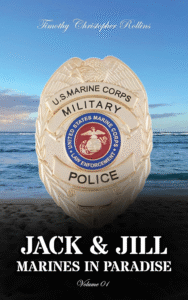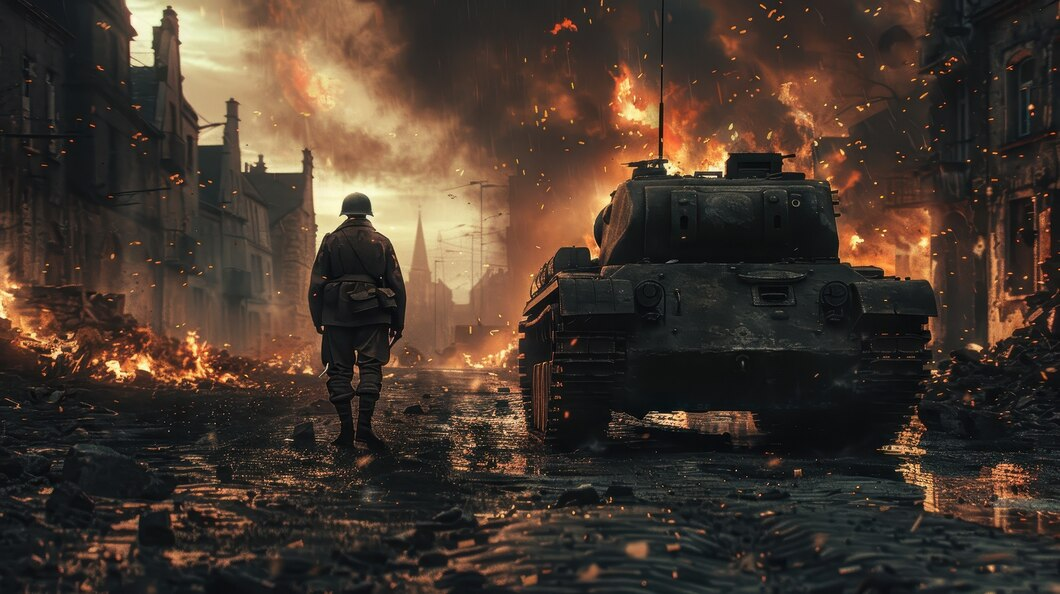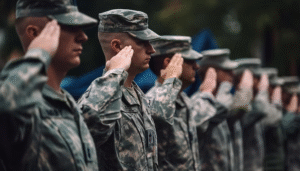When you hear the term military fiction, what comes to mind? Explosions, stoic soldiers, and emotionless battle-hardened heroes? If so, you’re not alone.
For decades, the genre has leaned heavily on predictable tropes, tough guys with no backstory, endless firefights, and glory that ignores the moral cost of conflict.
But there’s a new wave of military fiction that breaks that mold. Stories that center not just on strength, but on character. Not just on tactics, but on ethics.
And as a reader, you’re invited to step into these deeper narratives where integrity, intelligence, and emotional growth take the spotlight.
Breaking the Mold: More Than Just Warriors
Today’s military fiction doesn’t have to mean pages filled with bullets and bravado. You now have the chance to dive into stories that feature multi-dimensional characters—those who struggle, reflect, and rise through principle as much as power.
These are leaders who think before they act, who listen to their gut when something feels off, and who stand up when it’s easier to look away. They’re smart. They’re emotionally aware. And yes—they’re still strong.
By choosing military fiction that explores the human condition, you engage with characters who feel real, relatable, and grounded in honor—not just duty.
Why Character Depth Matters in Military Fiction
Too often, older representations of military life ignored the emotional complexities of those who serve. But if you’ve ever talked to someone in uniform—or served yourself—you know there’s much more to the job than following orders.
Modern military fiction taps into this truth. You see characters wrestling with moral dilemmas, questioning authority, and processing trauma. This depth brings a powerful authenticity to the story—and makes it more than just entertainment. It makes it a window into the soul of service.
One Novel That Gets It Right
In JJack & Jill: Marines in Paradise by Timothy Christopher Rollins, you meet two Marine Corps Military Police officers who break every outdated mold. Instead of relying on clichés, the novel explores how intuition, honor, and emotional connection play vital roles in military life.
Jack and Jill aren’t just tough—they’re thoughtful. They don’t just follow orders—they stand up for what’s right, even when it’s inconvenient. It’s a rare kind of military fiction that uplifts ethical strength just as much as physical.
Ethical Conflict Is Real—and Powerful
The best military stories aren’t always about war—they’re about choices. Choices made in gray zones, far from clear right and wrong.
The power of this genre lies in its ability to reflect real-world ethical tension: loyalty vs. truth, justice vs. command, self-preservation vs. moral courage.
You’re not just reading action—you’re watching someone navigate what it means to do the right thing when it’s hardest. That kind of storytelling leaves an impression long after the last page.

The Future of Military Fiction Is Here
If you’re craving more than the same old “hero with a gun” storyline, look toward authors who are flipping the script. Choose books that celebrate emotional intelligence, principled leadership, and characters who grow—not just survive.
Whether you’re in the military, love someone who is, or simply value a good story with moral weight, this new wave of military fiction gives you what you’ve been waiting for.
Explore the new standard in military fiction at Timothy Christopher Rollins’ official site, where courage isn’t just about the battlefield—it’s about the heart behind the uniform.




